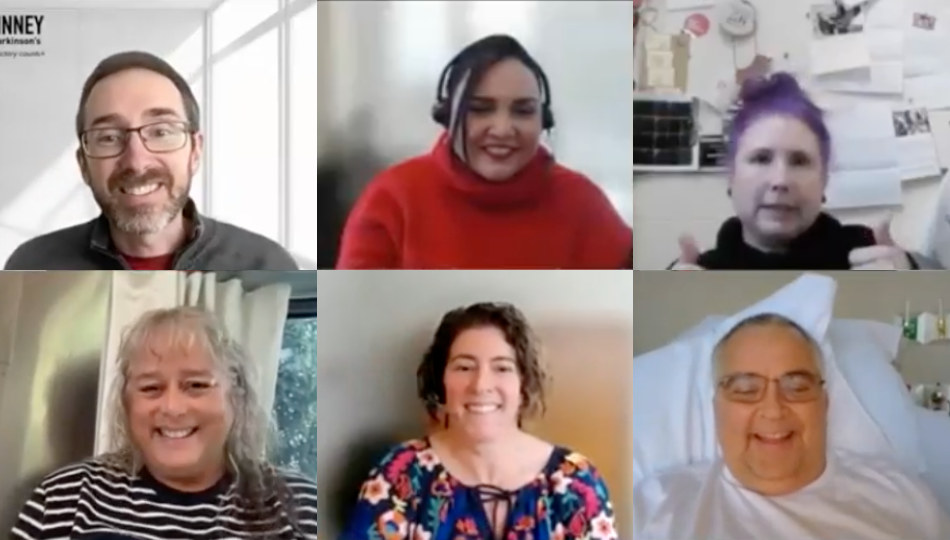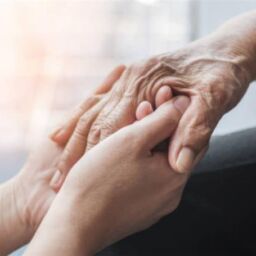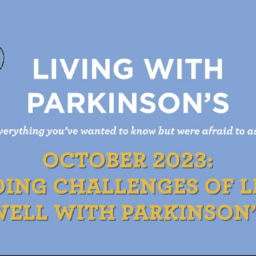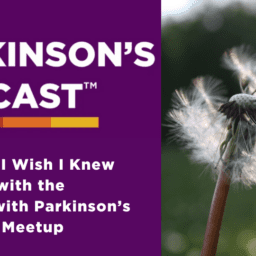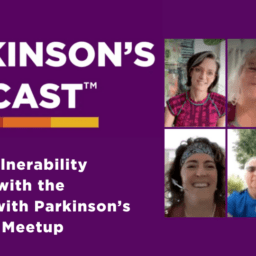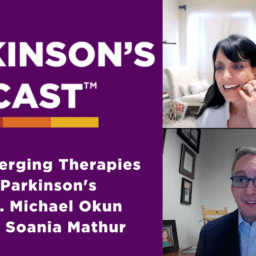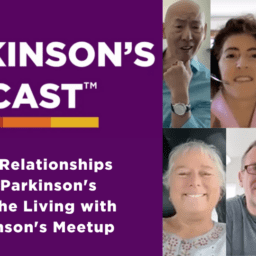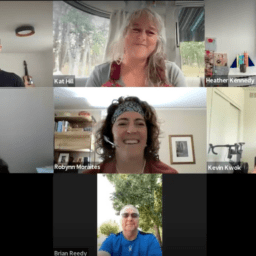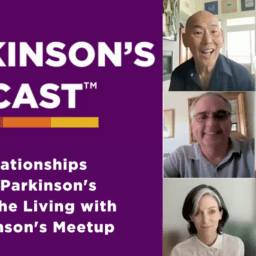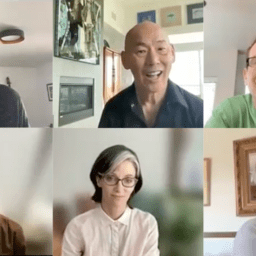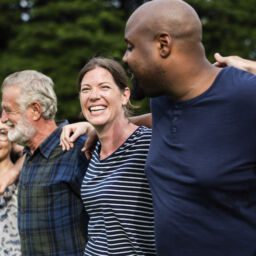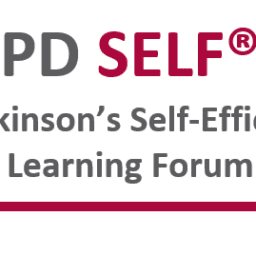Our February Living with Parkinson’s Meetup was scheduled for the day after Valentine’s Day, so naturally, the topic was love. The panel has tackled this topic before, but this time, they approached it in a new way.
Read on for a summary of the conversation, and watch or listen to a recording of the meetup below. If you haven’t attended our meetup live, register to receive the link to do so.
An audio version of this webinar is available.
MEETUP NOTES
SELF-LOVE
Parkinson’s puts a lot of pressure on interpersonal relationships, and loneliness is associated with lower quality of life. Discussions of love often center on friendships, family dynamics, and romance. However, the love you have for yourself is at least as–if not even more–important as these other types of love.
Parkinson’s influences your identity and changes what you’re able to do on a daily basis; as the disease progresses and continues to change your experience of the world, it can be easy to lose track of what it means to love yourself. Whether you think love is about actions or items, Parkinson’s can make it harder to love yourself.
During the meetup, the panelists shared what self-love means to them. They offered varying perspectives on the topic, but one common thought was that self-love requires a healthy dose of compassion, careful communication to others about your needs and preferences, a willingness to roll with changing circumstances, and the ability to continually reimagine what living well means today.
HEATHER KENNEDY
The conversation focused on friendship and love for others as well, including discussion about our friend Heather Kennedy, who recently decided to step away from her long tenure as a panelist on the meetup.
Heather decided to focus on other creative projects, and we are excited that some of her future efforts will involve new collaboration with the Foundation. We are so grateful for Heather’s many contributions to the meetup and for her deep care for the Parkinson’s community. We look forward to her coming projects!
DEPRESSION AND SELF-HARM
This month’s meetup includes discussion of depression and thoughts of self-harm. If you are experiencing thoughts of self-harm, you are not alone and help is available. In the United States, call 998 to reach the Suicide and Crisis Lifeline.
Depression and thoughts of self-harm are not uncommon among people with Parkinson’s. In 2022, Prang et al. reported that between 35% and 54% of people with Parkinson’s experience clinically significant depression, 20% experience major depression, and that “risk of depression is considered four times higher than in the general population matched for age, sex, and comorbidities.”
In 2019, Shepard et al. claimed, “We found that people with Parkinson’s are much more likely to suffer from suicidal ideation than the general population. What remains less clear is whether people with Parkinson’s are more likely to attempt or die by suicide.” The authors note that the prevalence of suicidal ideation and self-harm varies widely depending on the population studied.
The core takeaway from these researchers and from the panelists is that there are ways to manage depression and thoughts of self-harm. The first step is to acknowledge the experience and talk about it with members of your care team. If you need immediate support, call 998 to reach the Suicide and Crisis Lifeline.
NEXT MEETUP
For our next meetup, on March 21, 2024, we are planning to discuss Parkinson’s in the media. The panelists will talk about how the news covers about Parkinson’s, documentaries about Parkinson’s, and fictional stories that involve people with Parkinson’s.
In preparation for this meetup, you might enjoy reviewing this blog post about some recent media depictions of Parkinson’s.
The panelists always welcome your questions! Please send them using this form or by emailing blog@dpf.org.
ADDITIONAL RESOURCES
Access to Outdoor Green Space and Quality of Life
Find a Davis Phinney Ambassador
Davis Phinney Foundation Resources on Apathy
Keeping Intimacy Alive: Featuring Kat and Her Husband
Management of Sexual Dysfunction in Parkinson’s
 WANT MORE PRACTICAL ARTICLES LIKE THIS?
WANT MORE PRACTICAL ARTICLES LIKE THIS?
You can learn much more about living well with Parkinson’s today through our Every Victory Counts® suite of resources. Each manual is packed with up-to-date information about everything Parkinson’s. Click the link below to reserve your manual(s).
Thank you to our 2024 Gold Partner, AbbVie, and our Silver Partner, Mitsubishi Tanabe Pharma America, for their ongoing support of these must-have manuals. Additionally, we’d like to thank Barbara and Dale Ankenman, Abby and Ken Dawkins, Bonnie Gibbons, Irwin Narter, Lorraine and J Wilson, and Gail Gitin in loving memory of Gene Gitin for their generous donations that allow us to make these resources available and accessible to all.


